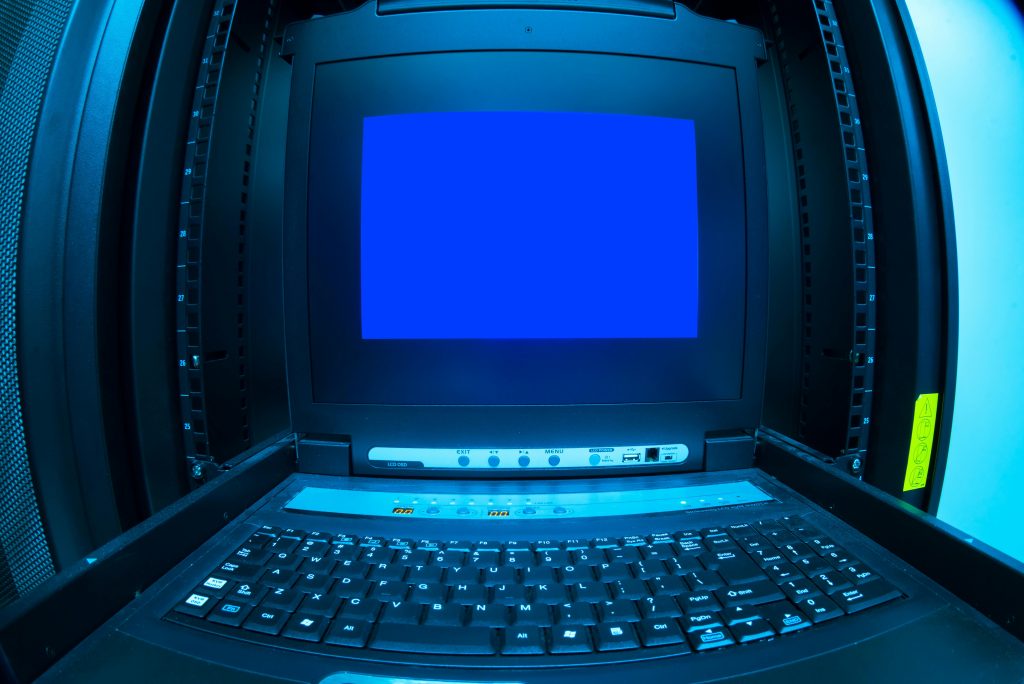Title: Troubleshooting Random Input Issues with Gaming Keyboards on a Newly Upgraded PC
Introduction
Upgrading your gaming PC can lead to an exciting performance boost, but it can also introduce new challenges—particularly with peripheral devices like keyboards. If you’re experiencing unpredictable keyboard inputs that cause your character to move randomly or activate abilities without input during gameplay, you’re not alone. This article explores common causes of such issues and offers practical solutions to help you restore stable and responsive keyboard performance.
System Overview
New PC Build Specifications:
– CPU: Intel Core i7-14700KF
– GPU: NVIDIA RTX 5070
– RAM: Corsair Vengeance 32GB (2x16GB)
– Power Supply: Corsair RM850x
– Operating System: Windows 10 (Version 22H2)
Previous System:
– CPU: AMD Ryzen 5 2600
– GPU: NVIDIA RTX 2060
– RAM: Corsair Vengeance LPX 16GB (2x8GB)
– Power Supply: Same as current
– OS: Same Windows installation (transferred from old PC)
Issue Summary
The user reports intermittent, spontaneous inputs during gameplay—most notably, characters moving unexpectedly, activating abilities without input, or moving in unintended directions. These issues occur exclusively within gaming sessions and do not appear when on the desktop, which suggests a problem related to gaming input handling or hardware compatibility.
Key Details:
– Affected keyboards: Lemokey P1 Pro and Corsair K70 Core TKL
– Games impacted: Overwatch 2, Dead by Daylight, League of Legends
– No issues observed in non-gaming applications
– The problem started after upgrading the PC hardware
– Marvel Rivals functions normally, indicating the issue may be specific to certain games or input handling
Troubleshooting and Recommendations
- Check USB Connections and Ports
- Test multiple USB ports on your motherboard, preferably USB 3.0/3.1 ports.
- Avoid using USB hubs; connect the keyboard directly to the motherboard.
-
Inspect USB cables for damage and replace if necessary.
-
Update or Reinstall Drivers
- Use official driver tools or Device Manager to ensure the keyboard drivers are up to date.
- Consider reinstalling chipset drivers to resolve potential USB controller issues.
- For gaming keyboards, install or update manufacturer-specific software (e.g., Lemokey or Corsair iCUE) to ensure proper device configuration.
3.
Share this content:



